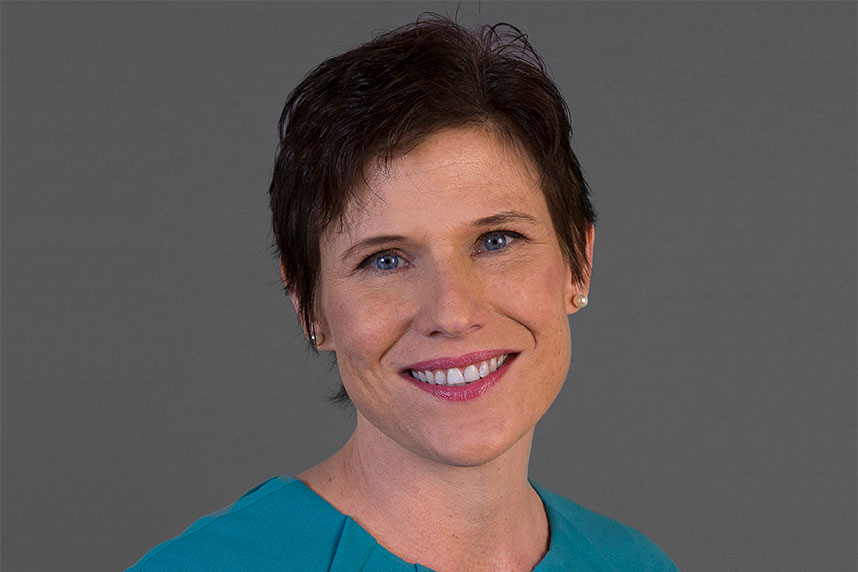- What’s the pay?
- Is it consistent enough?
- Is it a reliable source of employment?
- Can I do this as a career?
- What are the downfalls?
Locum tenens psychiatrist enjoys career helping rural patients
June 13th, 2018 2 Min read Blog
Blog
What makes locum tenens a rewarding career for psychiatrist Heather Cumbo?
250 patients.
That’s the number of patients waiting to see a psychiatrist in one rural community when Dr. Cumbo arrived.
“In the United States, there are more psychiatrists retiring than there are coming into the profession,” Dr. Cumbo explains. “There are significant disparities of healthcare for people who have severe chronic mental illness and high levels of mental healthcare needs. There are not enough psychiatrists to cover the need.”
Dr. Cumbo likes to take the jobs that have the most need. “Most of the places where I go and do my assignments are in rural communities,” she says. “So it’s not only gratifying that I have the independence I like, but I’m also taking care of people who otherwise would not have any mental health care at all. I’m actually giving back to the community.”
Independence is one of the reasons Dr. Cumbo tried working locum tenens in the first place. “I have colleagues that are employed physicians. They are rarely able to take vacations, either because they have no coverage or their schedules are just very busy. Being locums, I can actually block off my own periods of time where I take vacation when I want to take it. I like to take time to spend with my family, and locums gives me that ability.”
Her locum tenens career choice defied many people’s expectations of what a physician career should look like. “When I decided to do locum tenens, a lot of my colleagues and my family thought it was very non-traditional. They had expectations that I would have my own practice or work in a hospital setting, but for me I found locums to be a viable career option.”
The questions she gets about her career path from colleagues finishing residency are much the same ones she had.